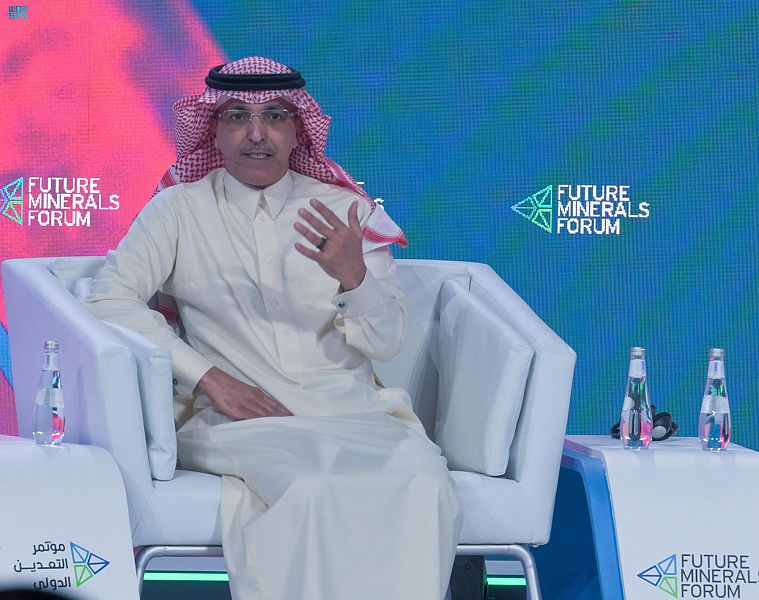
For more than five millennia, the Middle East has been at the center of world culture. That is no overstatement. Since the very beginning of human history, this region has been one of the wellsprings of global civilization. But in the past 100 years, the cultural legacy of this corner of the world — and our devotion to that legacy — has been muted, distracted by conflicts, humanitarian challenges and the enduring efforts to bring a new prosperity to the people of the Middle East.
The time has come to reawaken that cultural legacy and place it again at the center of global civilization. For as we have learned from our long and varied history, our culture is our greatest asset. Recognizing the region’s extraordinary history will help guide us on the path to the future. As Sheikh Zayed bin Sultan Al-Nahyan, the founder of the UAE, pointed out, a nation that does not know its past has neither a present nor a future.
From the Sumerians to the Babylonians to the Egyptians, from ancient Syria through the Umayyad and Abbasid dynasties, the culture of the Middle East has helped shape the world. The region is the birthplace of the three great Abrahamic faiths — Islam, Christianity and Judaism — which are now embraced by almost half of humanity.
And yet, we have only just embarked on a voyage of rediscovery. Only recently have we found the remains of our Stone and Bronze Age ancestors who settled and lived along the shores of the Arabian Gulf.
Less than a decade ago, striking discoveries unearthed in southern Saudi Arabia — which are now touring the world — suggested that the ancestors of this region’s people might have been the first to domesticate animals, such as the horse, more than 10,000 years ago, thousands of years earlier than previously thought. Other recent discoveries in the Mediterranean also point to a high culture and an advanced civilization in the ancient Middle East, which we are only just beginning to unearth.
Whether we are from the UAE, Saudi Arabia or anywhere else in this region, we must re-establish the narrative of our shared culture
Mohamed Khalifa Al-Mubarak
We throughout the region are now dedicating ourselves to the preservation of our heritage and re-engaging with the cultural legacies of the Middle East.
In practical terms, that means opening up more and more cultural sites to help us better understand our past. It means better documentation of our origins and a greater appreciation of the legacy left behind by our forebears. It is also incumbent upon us — all of us in the Middle East — to better protect our shared heritage in areas afflicted by crisis, such as Iraq and Syria.
Preserving and cherishing our culture also means establishing new museums, study programs and research centers in the region to help document and re-assert the narrative of our shared culture.
As we have learned from our long history, societies evolve. Therefore part of the cultural agenda also means adopting new technologies and new ways of thinking, both to protect our heritage and to share it more widely with the other peoples of the region and of the wider world. Indeed, our aim is not only to define our own heritage but to connect it to that of the rest of the world. By doing both, we also engage in the creation of a new globalized culture.
The UAE is now a significant tourism destination and a global thought leader in the area of culture. The Louvre Abu Dhabi, Qasr Al Hosn and many other cultural and heritage sites within the emirate of Abu Dhabi alone are testaments to our dedication to the arts and our rededication to history.
So, too, is this week’s Culture Summit Abu Dhabi, the third edition of the event since the inaugural summit in 2017. It will explore a number of issues, including the protection of cultural heritage, new trends in museum collections, and the role of technology in protecting, preserving and nurturing art and culture.
Whether we are from the UAE, Saudi Arabia or anywhere else in this region, we must re-establish the narrative of our shared culture. We owe a debt of gratitude to our joined-up history and only in acknowledging and paying due homage and care to it, can we intelligently chart our “future heritage:” the legacy we will leave our children and their children.
• Mohamed Khalifa Al-Mubarak is chairman of Abu Dhabi’s Department of Culture and Tourism. Culture Summit Abu Dhabi 2019 takes place from April 7 to 11.
Disclaimer: Views expressed by writers in this section are their own and do not necessarily reflect Arab News" point-of-view












